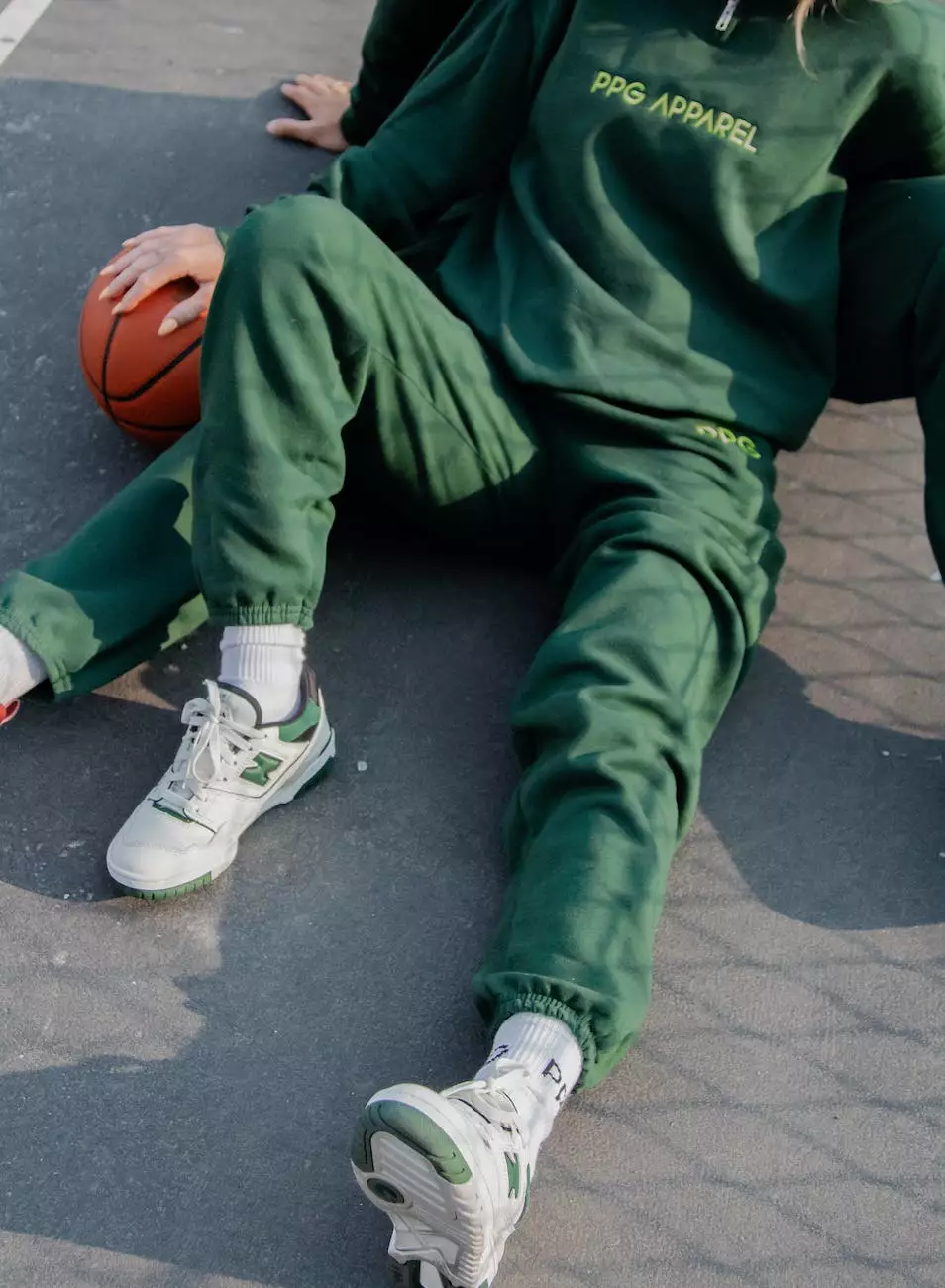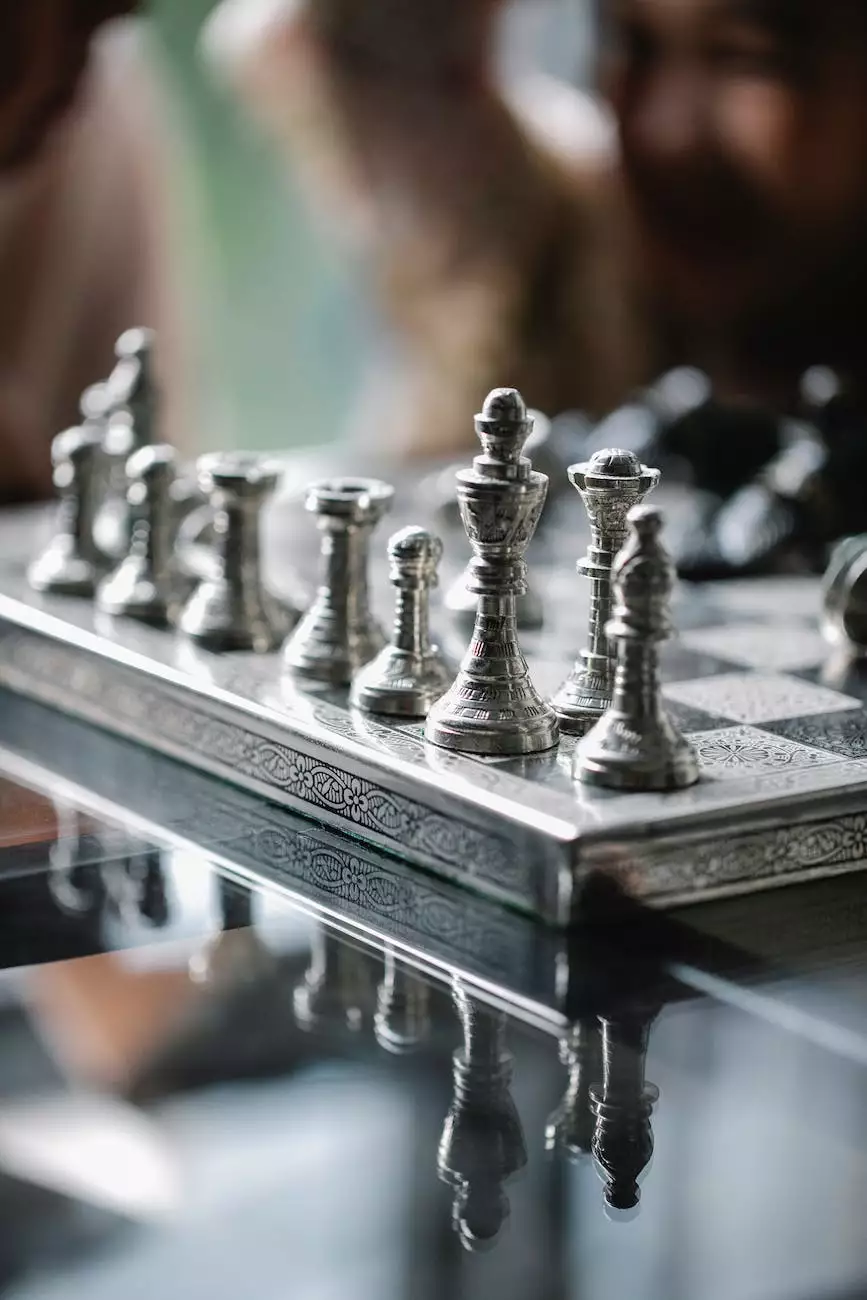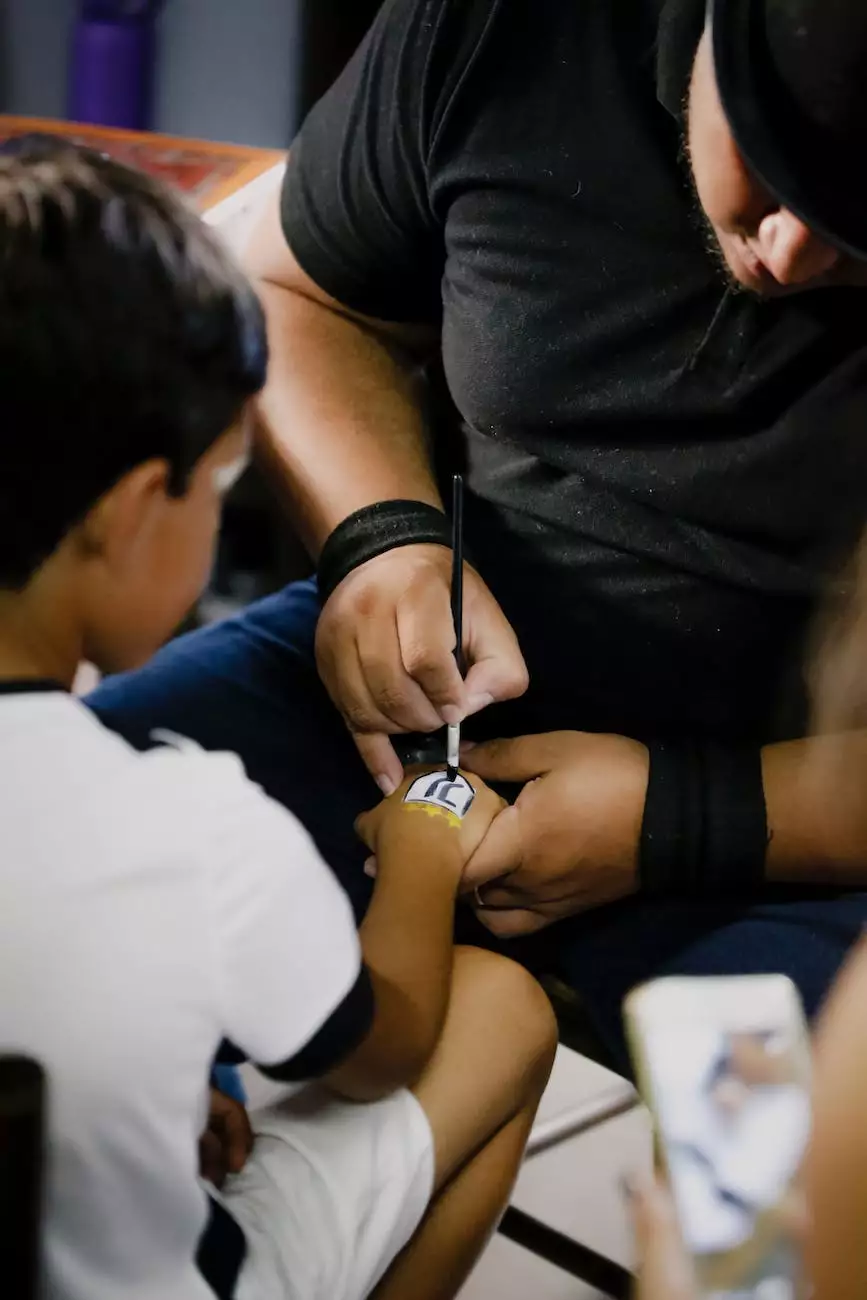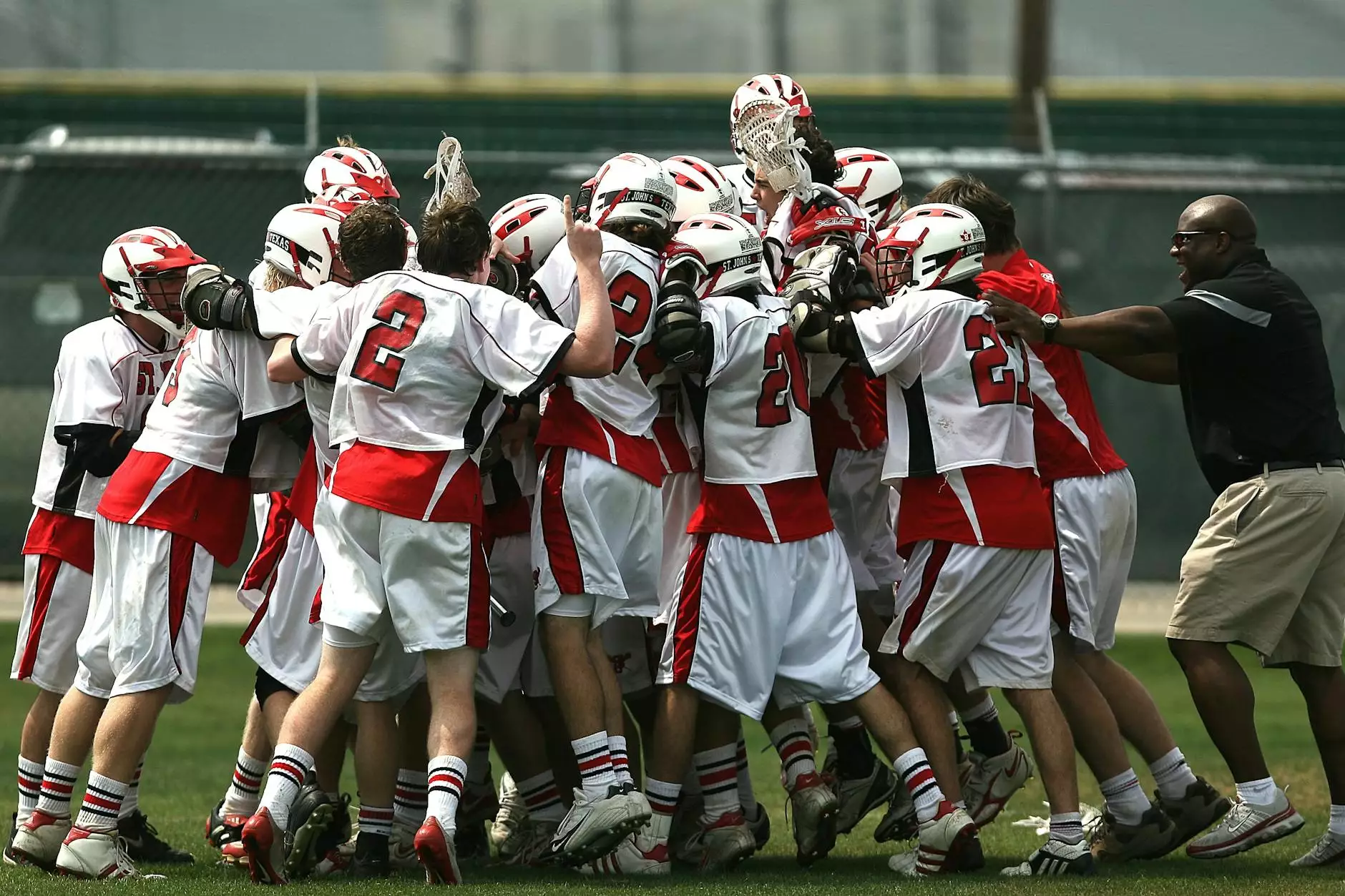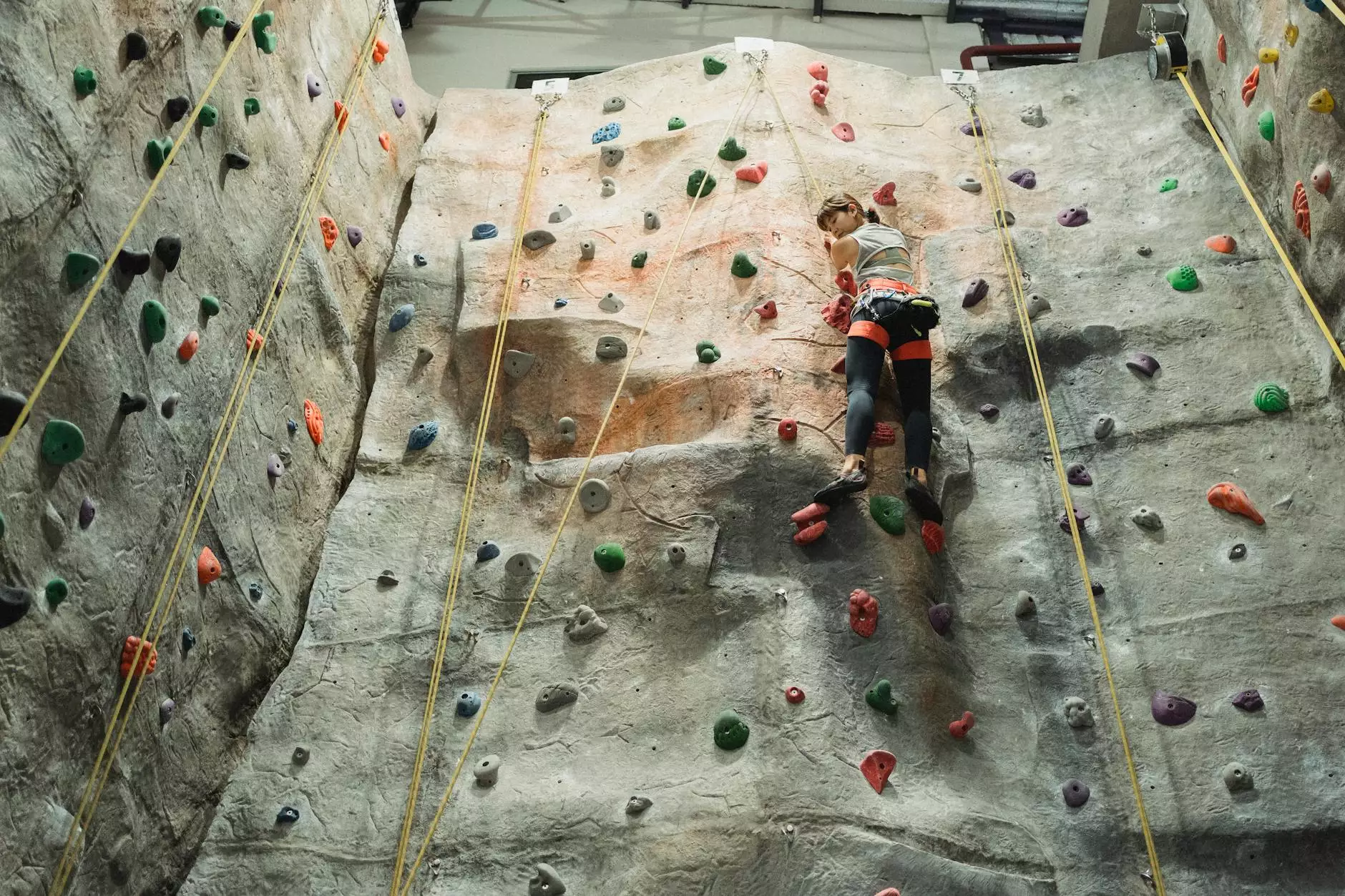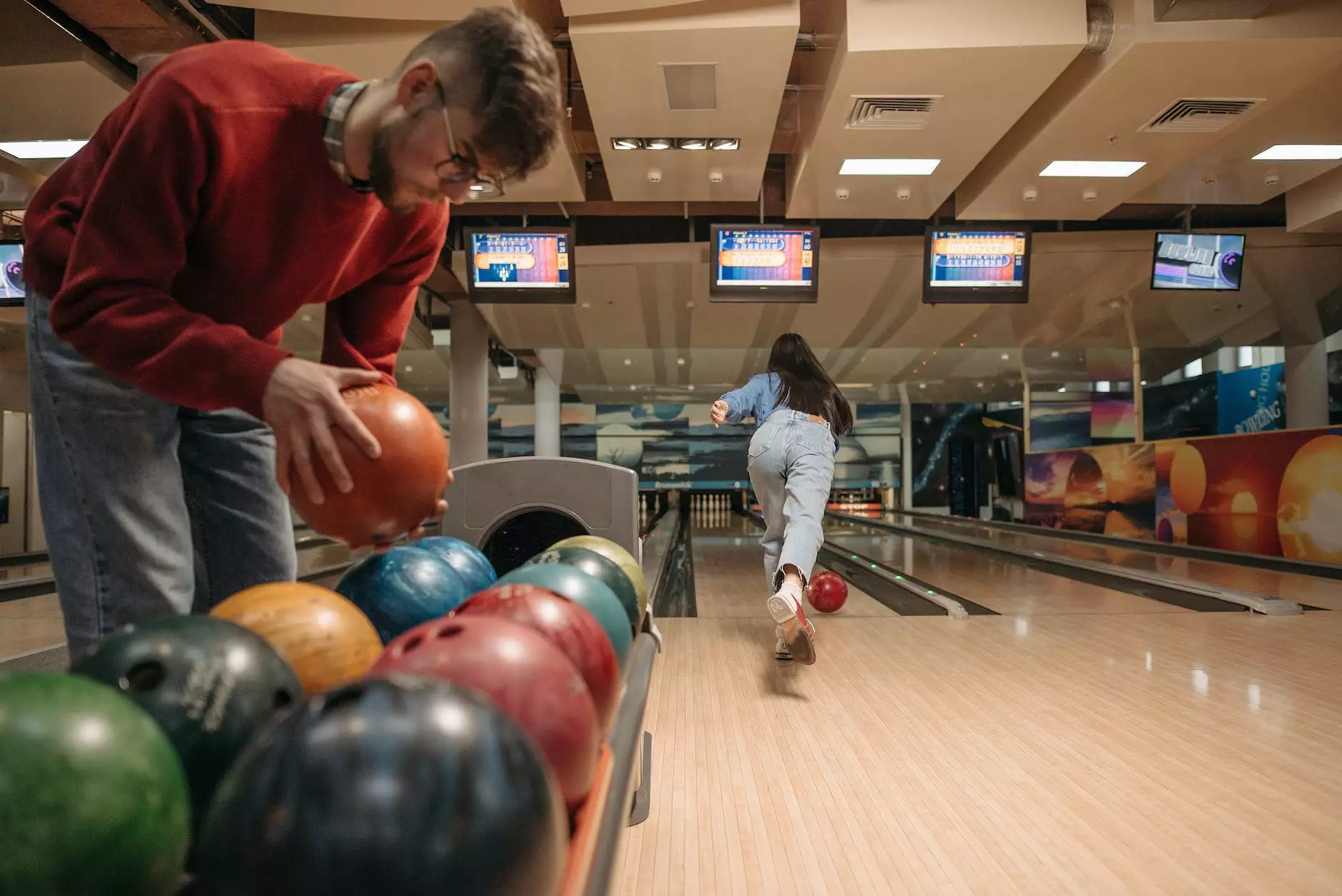Failure is a Part of Sports – Help Your Athlete Benefit From Mistakes
Blog
Introduction
As a parent or coach, it's natural to want your young athlete to succeed in sports. However, it is important to understand that failure is a part of sports and can actually be a valuable learning experience. At Bowling Orthopaedics, we believe in not only treating sports-related injuries but also helping athletes grow and develop both physically and mentally. In this article, we will explore the importance of embracing failure and how you can guide your athlete to benefit from their mistakes.
The Learning Opportunity in Failure
Failure should never be seen as the end of the road, but rather as a stepping stone towards improvement. When athletes encounter setbacks and make mistakes, it provides them with a powerful learning opportunity. It allows them to identify weaknesses, understand their limitations, and develop resilience. By embracing failure and learning from it, athletes can unlock their true potential and become stronger competitors.
Resilience and Mental Toughness
One of the most important life skills that sports can teach young athletes is resilience. Resilience is the ability to bounce back from setbacks and keep pushing forward. Encouraging your athlete to view failure as a temporary setback, rather than a permanent defeat, can help cultivate resilience and develop mental toughness.
The Role of the Coach and Parent
As a coach or parent, you play a crucial role in helping your athlete navigate failure and turn it into a positive experience. Here are some tips to assist your athlete:
1. Foster a Supportive Environment
Create an environment that encourages open communication and fosters support. Ensure that your athlete feels comfortable discussing their failures and mistakes without fear of judgment or criticism. This will help them develop a growth mindset and view failure as an opportunity for growth.
2. Analyze Mistakes Constructively
When mistakes happen, approach them with a constructive mindset. Help your athlete analyze the situation, identify what went wrong, and brainstorm potential solutions for improvement. Focus on the process rather than the outcome to foster a growth-oriented mindset.
3. Set Realistic Expectations
It's essential to set realistic expectations for your athlete. Unrealistic expectations can create unnecessary pressure and potentially derail their progress. Help them set achievable goals and celebrate small victories along the way.
4. Encourage Self-Reflection
Teach your athlete the value of self-reflection. Encourage them to take time after competitions or practices to reflect on their performance, identifying areas of strength and areas in need of improvement. By developing self-awareness, athletes can proactively work on their weaknesses and make adjustments for future success.
Supporting Physical Health and Recovery
At Bowling Orthopaedics, we understand the physical demands of sports and the importance of proper recovery. Physical well-being goes hand-in-hand with mental resilience. Our team of experienced professionals specializes in orthopedic care for athletes and can provide comprehensive treatment and rehabilitation plans.
Conclusion
Failure is an inevitable part of sports, but it should never hinder an athlete's growth and development. By embracing failure as a learning opportunity, cultivating resilience, and providing the right support, you can help your athlete benefit from their mistakes. At Bowling Orthopaedics, we are dedicated to helping athletes not only recover from injuries but also thrive in their respective sports. Contact us today to learn more about our services and how we can support your athlete's journey.


